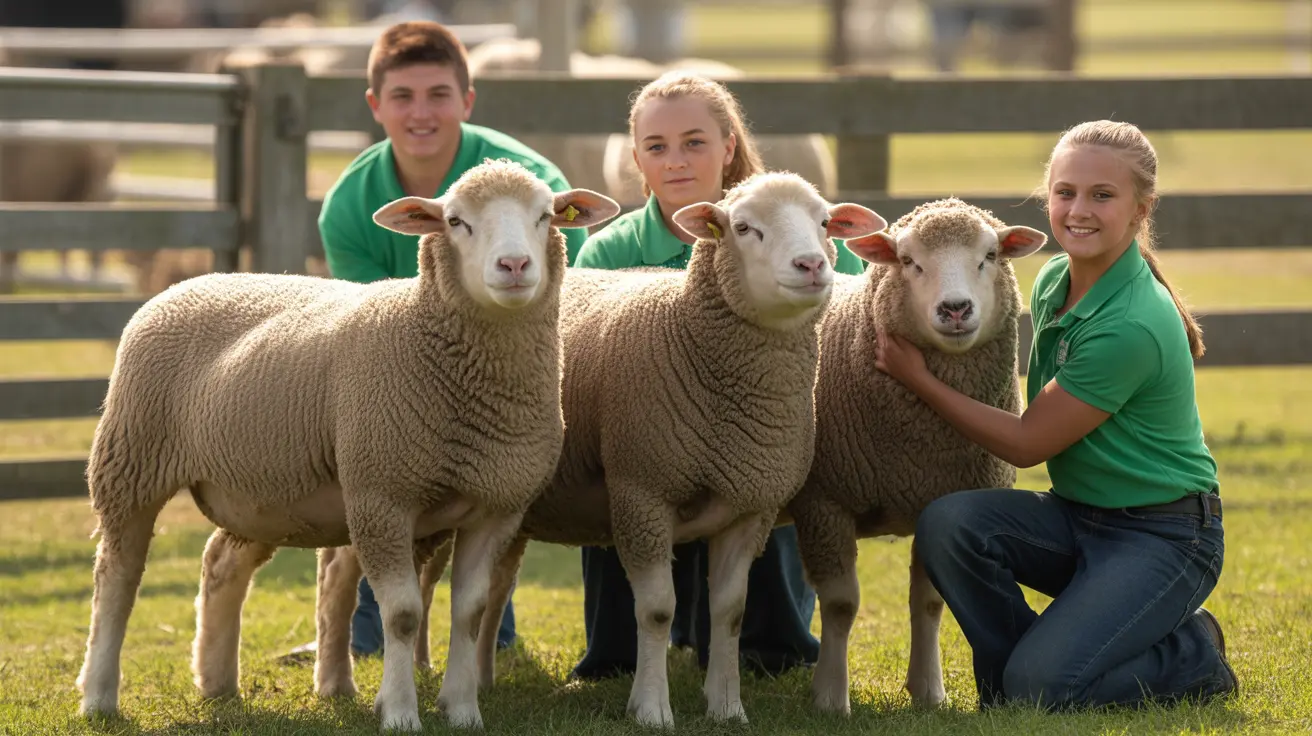Golden Shepherd: The Loyal Mix of German Shepherd and Golden Retriever
The Golden Shepherd is a remarkable hybrid dog breed resulting from the mix of a Golden Retriever and a German Shepherd. Combining the best traits of both parent breeds, this intelligent, loyal, and affectionate dog has won the hearts of many families.
Physical Appearance
- Size: Medium-to-large, typically 20 to 27 inches tall and weighing 50 to 100 pounds.
- Coat: Double-layered, medium to long, often straight or slightly wavy.
- Colors: Varying from black, tan, cream, and golden to sable or mixed patterns.
- Ears: May be either the floppy ears of the Golden Retriever or the erect ears of the German Shepherd.
- Tails and Eyes: Long, bushy tails and expressive almond-shaped eyes.
Temperament and Personality
Golden Shepherds inherit loyalty and protectiveness from their German Shepherd parent and friendliness and playfulness from the Golden Retriever. They are:
- Affectionate and family-oriented
- Great with children and other pets when socialized early
- Good watchdogs due to their alertness and protective traits
- Highly intelligent and easy to train
Training and Socialization
Due to their intelligence and desire to please, Golden Shepherds respond well to positive reinforcement. Key training tips include:
- Start training and socialization early
- Use consistent, reward-based methods
- Provide mental stimulation to prevent boredom and destructive behaviors
Exercise and Activity Needs
Golden Shepherds need a lot of physical and mental engagement. Their activity requirements include:
- At least 1–2 hours of activity per day
- Activities like walking, running, swimming, agility training, or fetch
- Preference for homes with yards; not ideal for apartment living unless exercised properly
- Interactive toys and games for mental stimulation
Grooming Requirements
The breed sheds heavily, particularly during seasonal changes. Grooming needs include:
- Brushing twice weekly (daily during shedding seasons)
- Regular baths every 2–3 months or as needed
- Weekly ear cleaning, especially for floppy-eared dogs
- Nail trimming every 3–4 weeks
- Dental hygiene for long-term health
Nutrition and Diet
Golden Shepherds should be fed a high-quality diet tailored to active, large-breed dogs:
- Large-breed puppy formula for growing dogs
- Protein-rich adult diet with healthy fats and balanced nutrients
- Divide meals into 2–3 feedings daily to help prevent bloat
- Adjust portions according to age, weight, and activity level
- Consult your veterinarian for tailored dietary needs and joint supplements for seniors
Health Considerations
Like their parent breeds, Golden Shepherds are genetically predisposed to certain health concerns:
- Hip and elbow dysplasia
- Bloat (gastric dilatation-volvulus)
- Degenerative myelopathy
- Ear infections and cataracts
- Lymphoma and osteochondrosis
- Dental issues
Lifespan: 10 to 14 years with proper care, regular vet checkups, and preventive measures.
Ideal Living Situation
Golden Shepherds thrive in homes that offer:
- Active lifestyles with plenty of interaction
- Time for exercise and training
- Inclusion in family activities
- Early socialization to avoid behavioral problems
Note: They can suffer from separation anxiety if left alone for extended periods.
Adoption and Breeding
If you're looking to bring home a Golden Shepherd:
- Check local animal shelters and rescues
- Ensure breeders practice ethical breeding and screen for health issues
Breed Recognition
While not recognized by major kennel clubs, Golden Shepherds are officially listed by:
- International Designer Canine Registry
- American Canine Hybrid Club
Final Thoughts
The Golden Shepherd is a loyal, versatile, and loving hybrid that's ideal for active families seeking a companion that's as intelligent as it is affectionate. With the right training and care, they make excellent lifelong companions.





